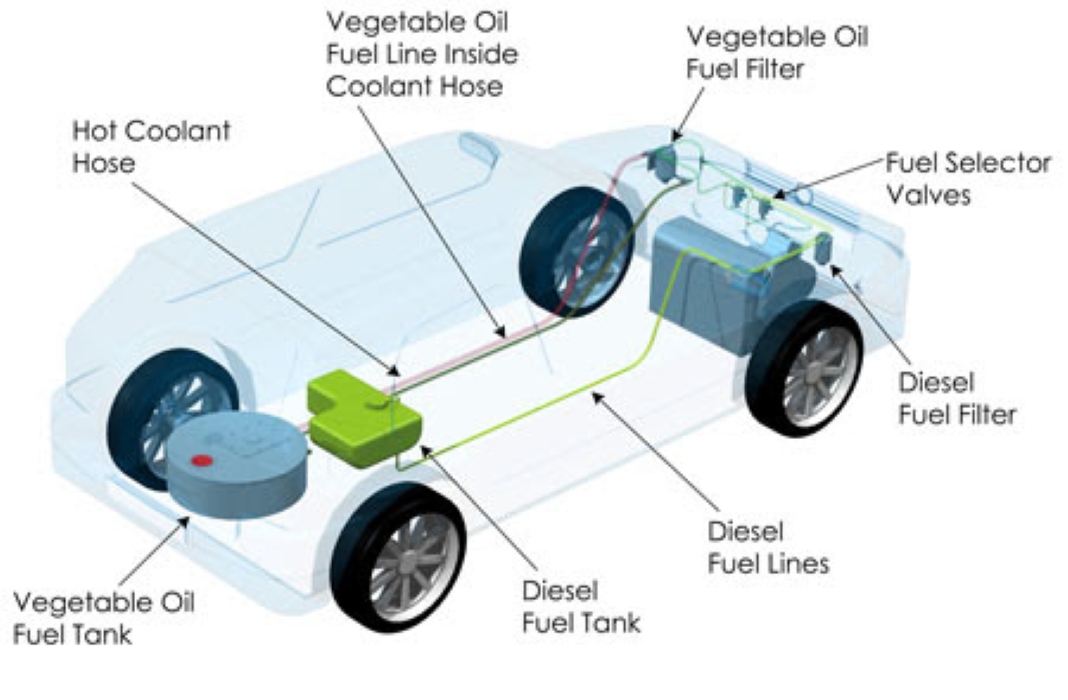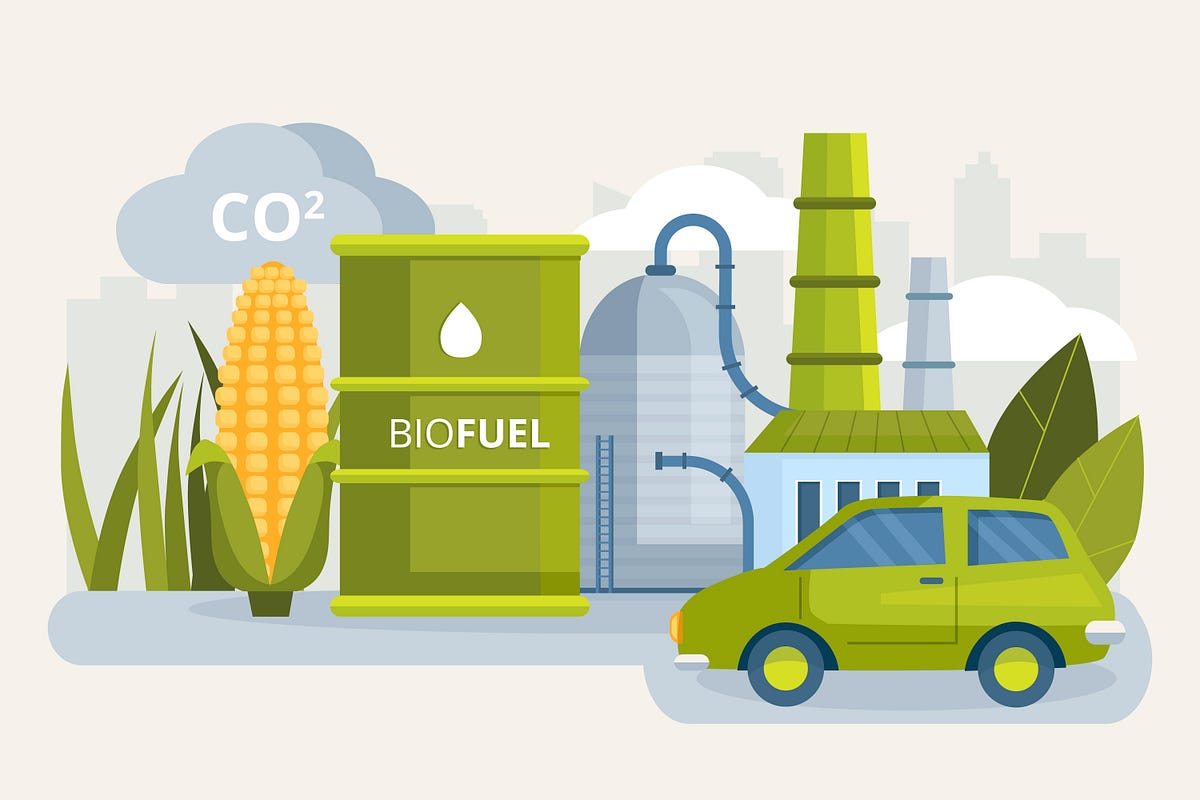The internal combustion engine (ICE) has been the backbone of the automotive industry for over a century, powering everything from passenger cars to heavy-duty trucks.
However, as the world grapples with the urgent need to reduce greenhouse gas emissions and combat climate change, the future of ICE vehicles is increasingly under scrutiny.
Biofuels have emerged as a promising alternative to traditional fossil fuels, offering a cleaner and more sustainable option for powering ICE vehicles. This article explores the compatibility of biofuels with ICE engines and the potential impact on the future of the automotive industry.
What Are Biofuels?
Biofuels are renewable fuels derived from organic materials, such as crops, waste, and wood. The most common types of biofuels are biodiesel and bioethanol.
Biodiesel is produced from vegetable oils or animal fats, while bioethanol is made from the fermentation of sugars and starches found in crops like corn and sugarcane.

Biofuels are considered carbon-neutral because the carbon dioxide they release when burned is offset by the carbon dioxide absorbed by the plants used to produce them.
Engine Compatibility
One of the key advantages of biofuels is their compatibility with existing ICE engines. Unlike electric vehicles, which require significant infrastructure changes and new manufacturing processes, biofuels can be used in current ICE vehicles with minimal modifications.
This makes biofuels an attractive option for reducing emissions without the need for a complete overhaul of the automotive industry.
However, there are some challenges associated with using biofuels in ICE engines. Biofuels have different chemical properties than traditional fossil fuels, which can affect engine performance and longevity.
Also Read: Top 10 Green and Hybrid Cars for Eco-Conscious Drivers Seeking a Sustainable Future
For example, biodiesel has a higher viscosity than diesel, which can lead to clogging of fuel filters and injectors. Bioethanol, on the other hand, has a lower energy content than gasoline, which can result in reduced fuel efficiency.
Advancements in Biofuel Technology
Despite these challenges, advancements in biofuel technology are helping to overcome compatibility issues. Researchers are developing new formulations and blends of biofuels that are more compatible with ICE engines.
For example, biodiesel blends with traditional diesel can improve engine performance and reduce emissions without causing clogging. Similarly, bioethanol blends with gasoline can enhance fuel efficiency and reduce greenhouse gas emissions.
Environmental Benefits
Biofuels offer significant environmental benefits compared to traditional fossil fuels. By using renewable resources, biofuels help reduce dependence on finite fossil fuel reserves and decrease greenhouse gas emissions.
According to studies, biofuels can reduce carbon dioxide emissions by up to 80% compared to conventional gasoline and diesel. This makes biofuels a crucial component in the global effort to mitigate climate change and achieve sustainability goals.
Economic and Social Impact
The adoption of biofuels also has economic and social implications. Biofuel production can create jobs in rural areas, where crops and waste materials are abundant.
This can stimulate local economies and provide new opportunities for farmers and communities. Additionally, biofuels can enhance energy security by reducing reliance on imported fossil fuels and promoting domestic energy production.

Challenges and Future Outlook
Despite the benefits, the widespread adoption of biofuels faces several challenges. One major obstacle is the availability and cost of feedstock.
Producing biofuels requires large quantities of biomass, which can compete with food production and lead to deforestation. Additionally, the infrastructure for biofuel production and distribution is still underdeveloped in many regions.
To address these challenges, governments and industry stakeholders are investing in research and development to improve biofuel production processes and expand infrastructure. Policies and incentives are also being implemented to promote the use of biofuels and reduce greenhouse gas emissions.
Biofuels represent a promising solution for the future of ICE vehicles, offering a cleaner and more sustainable alternative to traditional fossil fuels.
While there are challenges to overcome, advancements in technology and supportive policies are paving the way for a more sustainable automotive industry. By embracing biofuels, we can reduce emissions, enhance energy security, and create economic opportunities, all while preserving the environment for future generations.
Also Read: Why the New Subaru Crosstrek Is the Ultimate Road Trip Car

